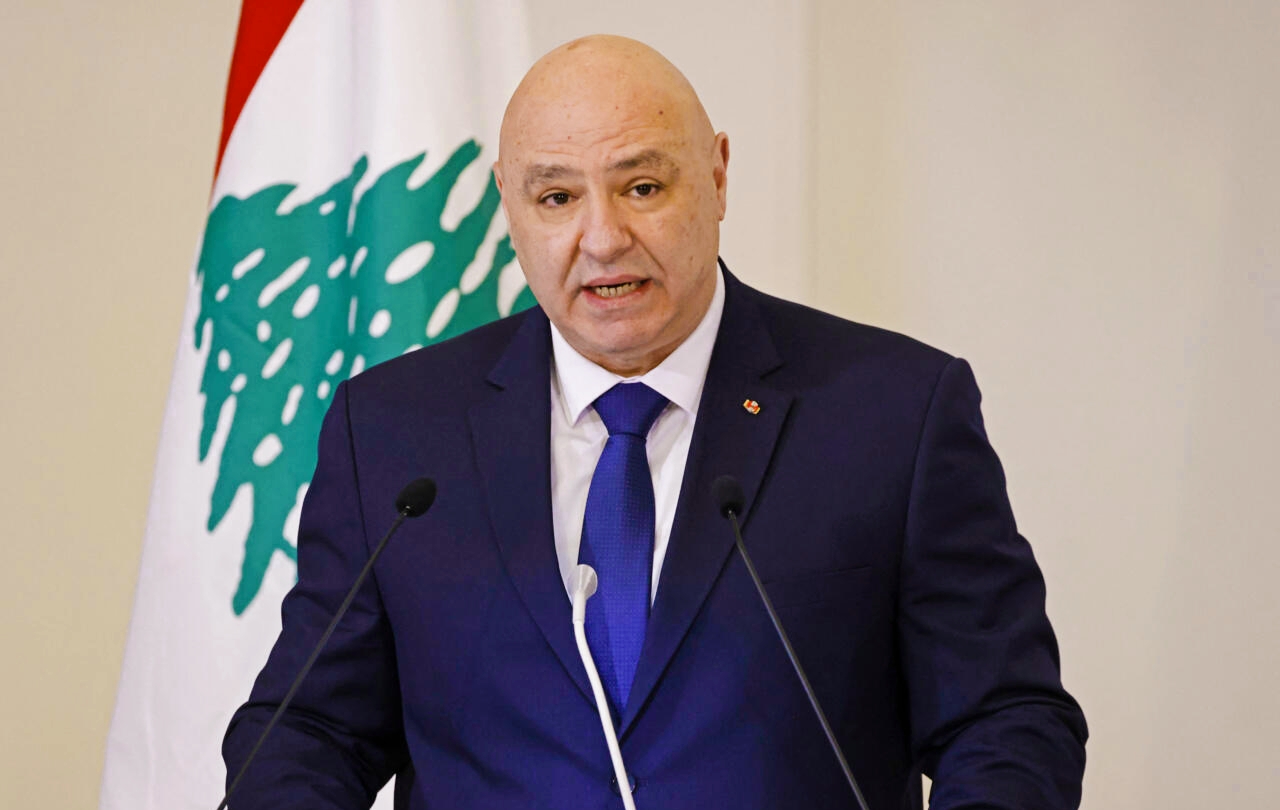Joseph Aoun Sends a Decisive Message to Iran and Confirms the Restriction of Weapons to the Lebanese State
August 17, 2025445 ViewsRead Time: 3 minutes

Font Size
16
In a new statement, Lebanese President Joseph Aoun confirmed that Lebanon's message is clear and firm towards Iran: "No interference in Lebanese affairs."
Aoun explained that he conveyed this strict position to the Secretary of the Iranian National Security Council, Ali Larijani, emphasizing that the relations between the two countries should be based on mutual respect and non-interference in internal affairs.
These statements come amid rising tensions in the Lebanese arena, with the arrival of U.S. envoy Tom Barak and Deputy Special Envoy for the Middle East, Morgan Ortagus, in Beirut, where they are expected to present new initiatives based on a plan to restrict weapons to the legitimate Lebanese authority, amidst sharp disagreements within the country.
In a related context, Hezbollah Secretary-General Naeem Qassem ignited the situation with statements accusing the Lebanese government of handing the country over to Israel through a decision to disarm his party, warning that this decision could lead to a civil war, which was met with complete rejection by Prime Minister Nawaf Salam, who described those statements as "veiled threats."
Analysts say that the Lebanese government, led by Aoun and Salam, has adopted a firmer stance towards Hezbollah and Tehran, and informed Ali Larijani of its categorical rejection of any interference in Lebanon's internal affairs, especially after Iran's criticisms of the decision to disarm the party.
This explicit Lebanese position is the first of its kind in the history of relations between Lebanon and Iran, which has been the largest financial and military supporter of Hezbollah for decades.
The Lebanese government has included this historic decision within the implementation of the ceasefire agreement reached through U.S. mediation on November 27, which ended the war between Hezbollah and Israel, and the decision emphasizes the restriction of carrying weapons to the official security and military agencies only.
In an interview with Asharq Al-Awsat newspaper, Prime Minister Nawaf Salam confirmed that stability and security are essential for Lebanon's recovery, stating: "No investment or reconstruction without security and safety," noting that the cost of reconstruction is estimated at around $11 billion according to the World Bank.
Despite the ceasefire agreement, Israel continues to launch strikes on Lebanese areas targeting Hezbollah facilities and strongholds, threatening to expand its operations if the Lebanese authorities fail to disarm the party.
Amid these tensions, Naeem Qassem called on Hezbollah and the Amal Movement to postpone demonstrations to allow for dialogue and political amendments, but he warned that the party is ready for any confrontation if imposed upon it.
The Lebanese political scene remains on the brink, amid international mediation attempts and complex regional agendas, while the Lebanese people await the results of this decisive political battle that may shape Lebanon's security and political future.